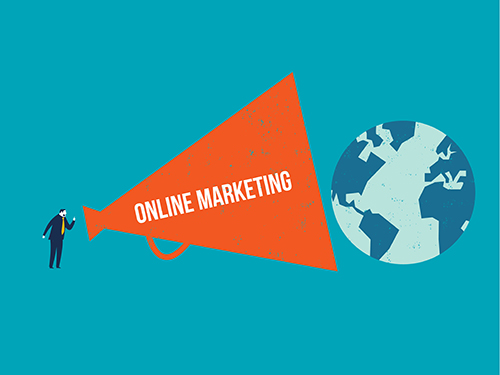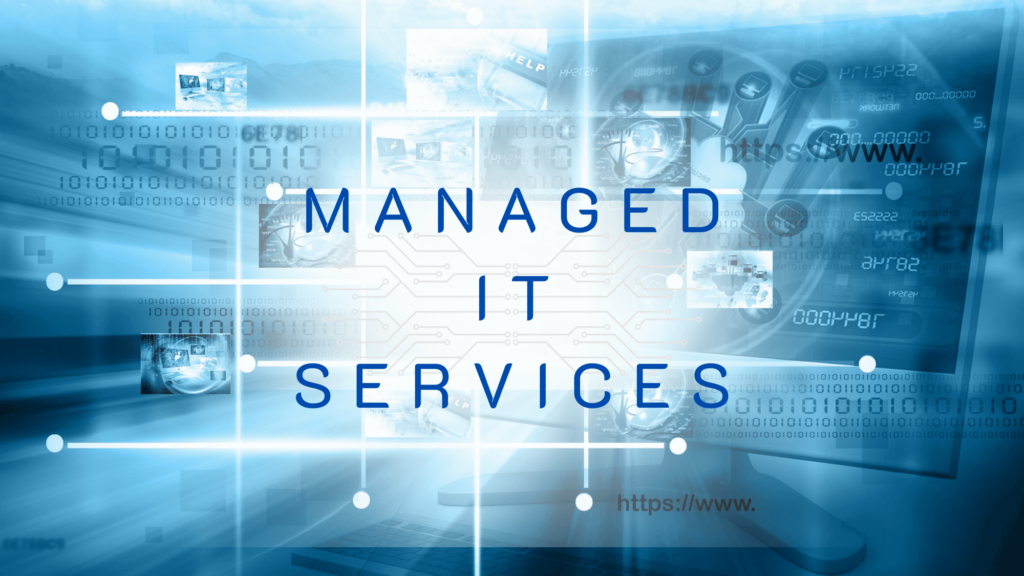Are there some online marketing terms you have overheard, yet do not fully understand? These 10 key terms will give you the basis to formulate a more comprehensive, forward-thinking strategy for your business.
There are many terms unique to online marketing that provide a framework for your business to identify both immediate and long-term goals and conceptualize an overall strategy. Developing a working understanding of these terms, as well as plan on how to implement the associated tools and concepts, will help your business navigate the ever-changing landscape of online marketing.
1. Big Data
It’s no secret that the Internet has evolved into a vast landscape of data. Businesses aim to analyze and extract information from this data, such as trends, problems, and performance indicators. This allows for the conversion of big data into useful, actionable information that can be leveraged in your business’s marketing efforts. This is done by generating new insights through analytics, identifying emerging patterns, and implementing a targeted marketing campaign that responds to and anticipates the needs and desires of potential clients. Beware: not all “big data” is good data, so make sure you have policies in place to evaluate the quality and accuracy of data you collect.
2. Buyer Persona
A buyer persona represents your ideal customer based on market research and existing customer data. The more fleshed out your buyer persona, the better you can allocate time and resources for specific goals, coordinate marketing activities across your organization, and appeal specifically to the needs of your target audience.
3. Buying Cycle / Sales Funnel
The buying cycle or sales funnel is a representation of a potential customer’s decision-making process. A typical cycle or funnel begins with a visitor becoming aware of your product or service through an online ad, word-of-mouth, etc. They may then compare prices, read reviews, and compare features to make an informed decision. At this point, they ideally make a purchasing decision, thereby completing the journey through the funnel. If they are pleased with your product or service, they may recommend it to a friend or family member, thus initiating a new cycle or funnel.
4. CPC / CPL / CPA
Known by the respective acronyms CPC (Cost Per Click), CPL (Cost Per Lead), and CPA (Cost Per Acquisition), these metrics represent the cost required to get a visitor to click on a link, contact you, and purchase your product or service. Online marketers use these metrics to budget their spending and modify their strategy based on how well various marketing efforts are converting consumers. For example, resources such as Google AdWords can help you track your pay-per-click (PPC) advertising costs so you can make adjustments to your budget and bidding strategy based on market research and analytics.
5. Engagement
Engagement represents visitors’ interest in your content. Measured forms of engagement may include metrics such as page clicks, comments, opt-ins, likes, shares, votes, and many other meaningful interactions. You can use this data to optimize your marketing strategy, whether it’s streamlining the layout and design of your website or offering more varieties of an in-demand product. If your buyer persona isn’t engaging with the content targeted towards them, it’s time to re-think your strategy.
6. Influencer
Media icons, respected brand leaders, and social media stars can drive emerging trends and consumer behavior. These entities have influence over your buyer personas; therefore, they are called influencers. Successful online marketers stay up-to-date of influencer activity and try to partner with them through guest blogging, promotional events, or other mutually beneficial activities in order to amplify their marketing messages. This allows your message to be presented to an audience that is already receptive to the influencer’s opinion.
7. Infographic
A visual representations of data created through graphic design, infographics offer a composite snapshot of patterns and trends that informs, entertains and delights the user. They are used to capture important facts and statistics in a more engaging way than plain text, graphs, or charts.
8. Internet of Things
The Internet of Things (IoT) encompasses any device with an off and on switch that can transfer data over a network. The IoT can include anything from traditional computers and security systems to smart vehicles, vending machines, health monitors, office buildings, and even animals outfitted with specialized equipment. These devices gather data and perform functions based on that data. The IoT is already widely utilized to automate tasks in a variety of industries including construction, agriculture, transportation, and healthcare. Think of the wealth of marketing knowledge you could gain from the technology available today!
9. Marketing Automation
Businesses and organizations leverage different types of programs and web resources to automate routine marketing functions. By collecting data on the actions visitors take on your website, marketing automation lets you create email campaigns tailored to each user or respond instantly to customer problems on social media. If your marketing team is getting bogged down in repetitive tasks, there is definitely a tool out there that can help you manage your campaigns more effectively.
10. SEO/SEM
SEO (Search Engine Optimization) or SEM (Search Engine Marketing) are often interchangeable terms that refer to activities used to improve your website’s ranking within search engines. Once governed primarily by keyword density, Google’s algorithms have shifted the landscape in favor of genuine content that matches searcher intent. Social media pages, video platforms, infographics, and other valuable content you publish anywhere on the Internet are key in propelling your business to the top of search engine results.
Partnering for Proven Results
Whether you have a startup or an established brand, Scale can customize an online marketing plan that helps your business achieve sustainable, long-term growth. Our dedicated team has the skills and expertise to help you make an impact on your business through SEO/SEM, targeted engagement, influencer marketing, and conversion optimization. If you are interested in learning more about the dynamic possibilities of working with an online marketing company in Little Rock, contact Scale by calling 501-588-3199 to set up a consultation.
[/wpex]




